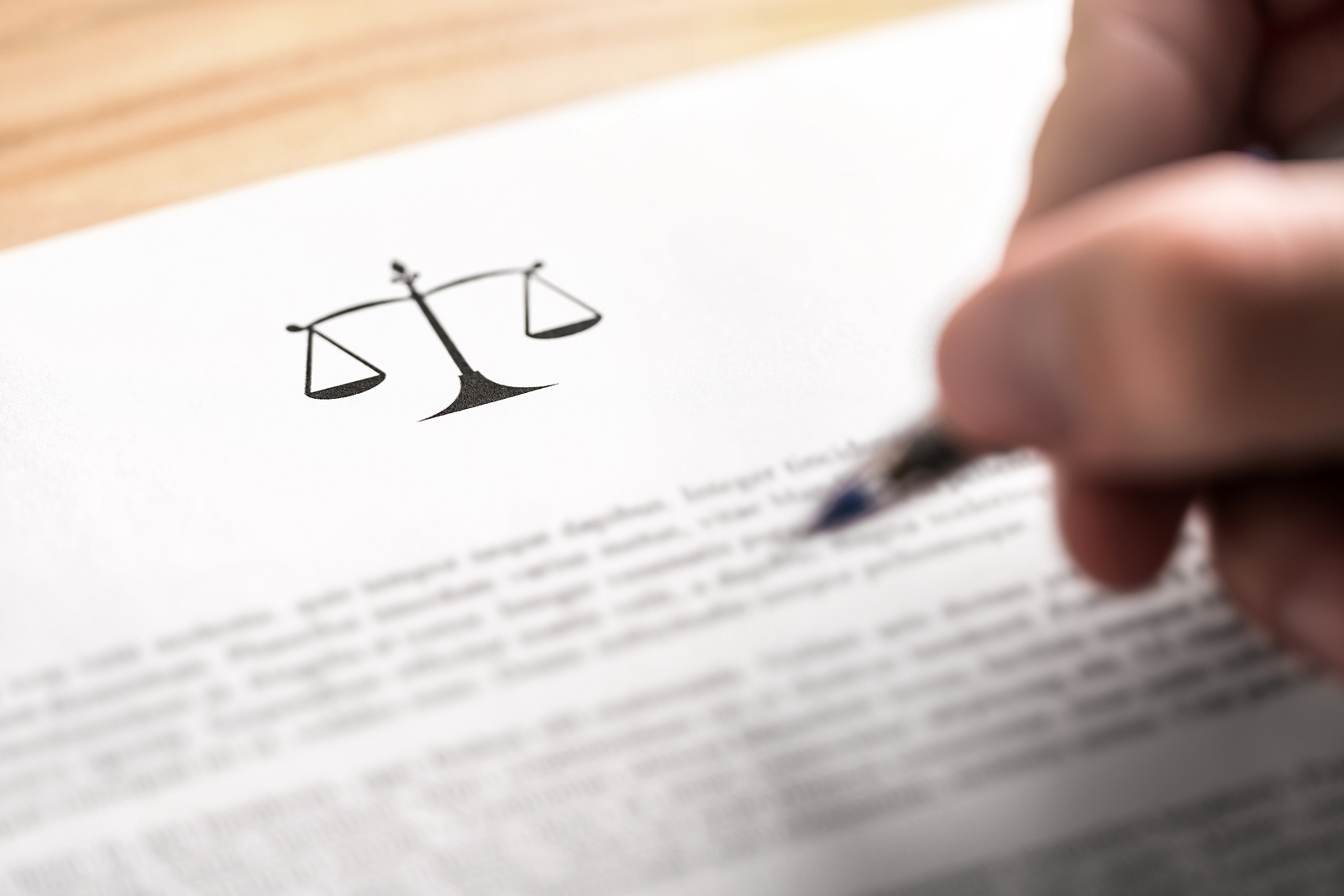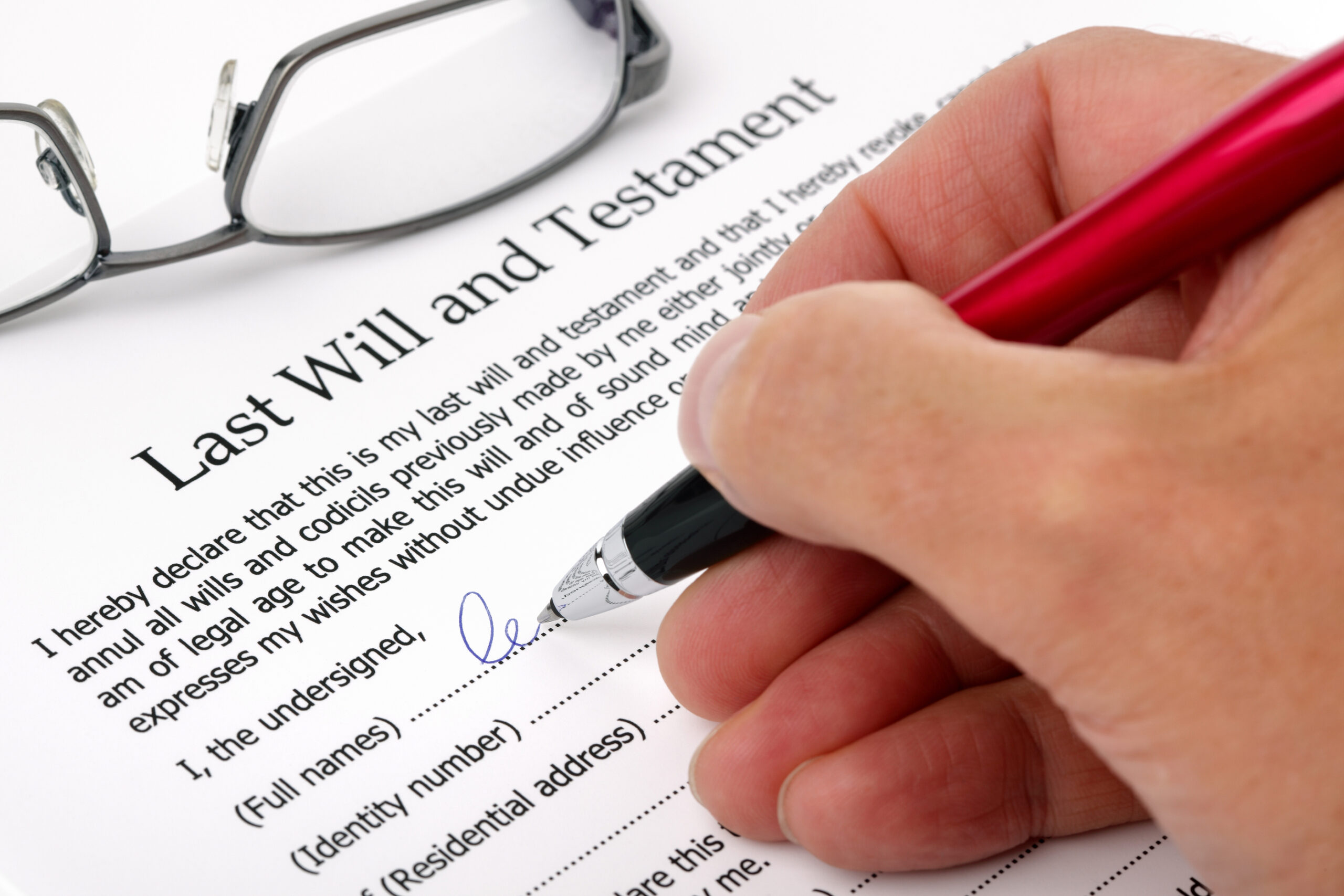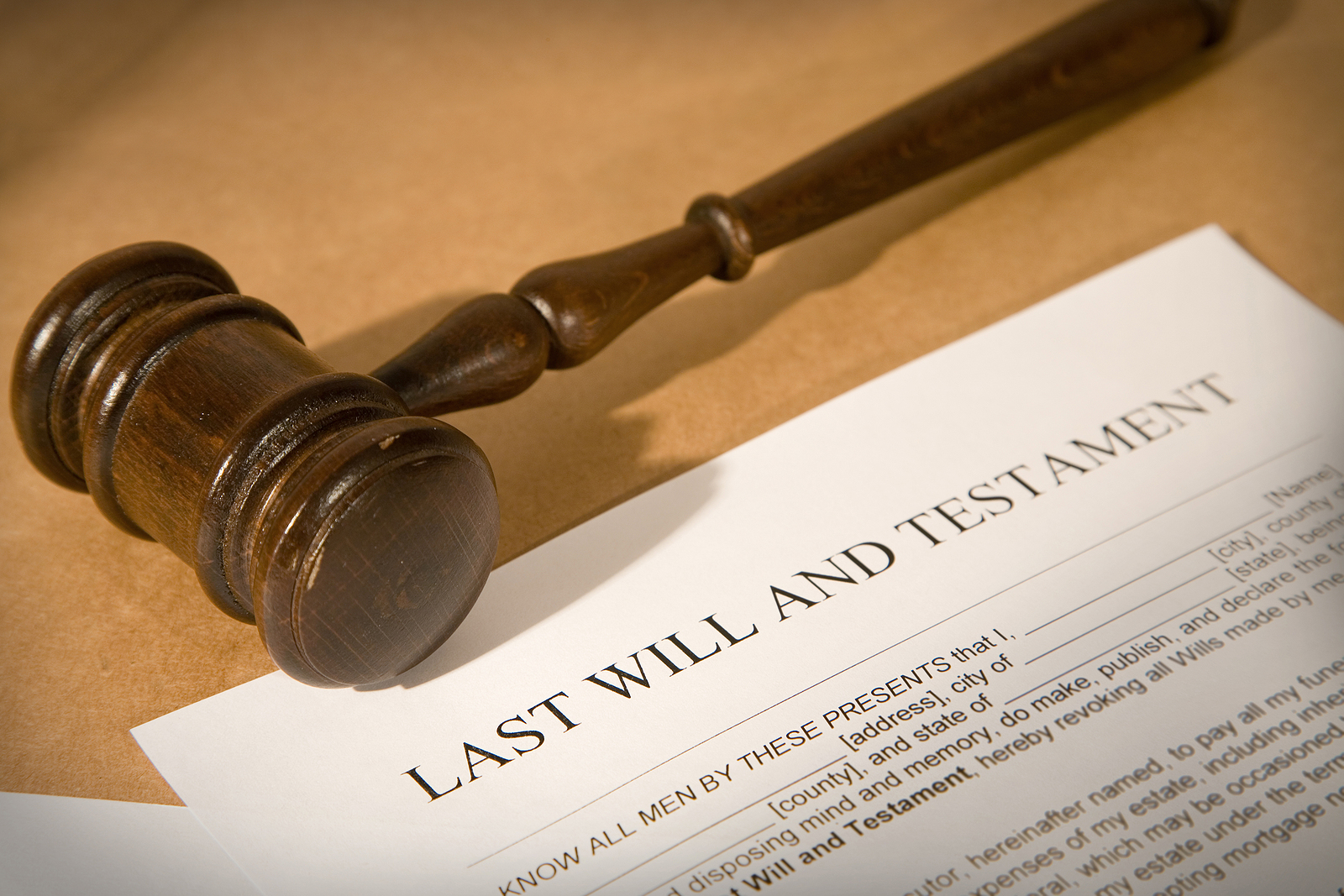
The Role of Life Insurance in Maryland Estate Planning: Protecting Your Legacy
Estate planning is one of the most important steps you can take to ensure your loved ones are protected and your legacy is preserved. For individuals and families in Maryland, life insurance plays an important role in a comprehensive estate plan. Read on to learn more from Blackford & Flohr. What Is Life Insurance? Life
Read More
The Importance of Regularly Updating Beneficiary Designations in Maryland
When it comes to estate planning in Maryland, many people focus on drafting wills or establishing trusts. However, one of the most overlooked but critical aspects of estate planning is ensuring that your beneficiary designations are up to date. Failing to review and update these designations can lead to unintended consequences, including costly probate disputes
Read More
How Often Should You Update Your Estate Plan?
Estate planning is not a one-time task but an ongoing process that should evolve with your life circumstances. Regularly reviewing and updating your estate plan ensures that your assets are distributed according to your current wishes and that your loved ones are protected. This guide outlines when and why you should revisit your estate plan,
Read More
What Is the Difference Between a Will and a Trust?
When planning your estate, one of the most important decisions you’ll face is whether to create a will, a trust, or both. Each tool serves a distinct purpose in estate planning, and understanding the key differences can help you make the best decision for your family and your legacy. At Blackford & Flohr, a trusted
Read More
The Benefits of a Maryland Revocable Trust in Avoiding Probate
When it comes to planning your estate in Maryland, one of the most effective strategies to ensure a smooth transfer of your assets is through a revocable living trust. Many Maryland residents are unaware of the complications their families may face if their estate must go through probate. In this guide, we’ll explain what a
Read More
Understanding the Legal Process for Declaring a Maryland Will Invalid
When a loved one passes away, it can be an emotional and challenging time. Things can become even more complicated if there are disputes about the validity of the deceased person’s will. In Maryland, there is a legal process in place for contesting a will, but it’s important to understand the steps involved, the grounds
Read More
The Role of Testamentary Trusts in Maryland Wills: Ensuring Future Financial Security
When planning for the future, many Maryland residents assume that a simple will is enough to ensure their loved ones are cared for. While wills are an essential part of estate planning, they do not always provide the structure and protection necessary for certain financial situations. That’s where testamentary trusts come in. What Is a
Read More
Understanding the Maryland Disclaimer of Interest Law
Estate planning in Maryland involves many legal tools and strategies to ensure assets are distributed according to one’s wishes. One such tool is the Disclaimer of Interest, which allows an individual to renounce their right to an inheritance or property interest. Understanding how this law works is essential for effective estate planning and asset protection.
Read More
The Process for Filing a Caveat to Contest a Will in Maryland
Contesting a will in Maryland involves a legal process known as a caveat proceeding. This process allows interested parties to challenge the validity of a will under specific circumstances. Understanding the steps and legal requirements is crucial for anyone considering such an action. What Is a Caveat Proceeding? A caveat proceeding is a formal objection
Read More
Understanding Payable on Death (POD) Accounts and Their Role in Maryland Estate Planning
What is a Payable on Death (POD) Account? A Payable on Death (POD) account is a financial account that allows the account holder to designate one or more beneficiaries who will receive the funds upon their death, bypassing probate. These accounts are commonly used for checking accounts, savings accounts, certificates of deposit (CDs), and money
Read More

